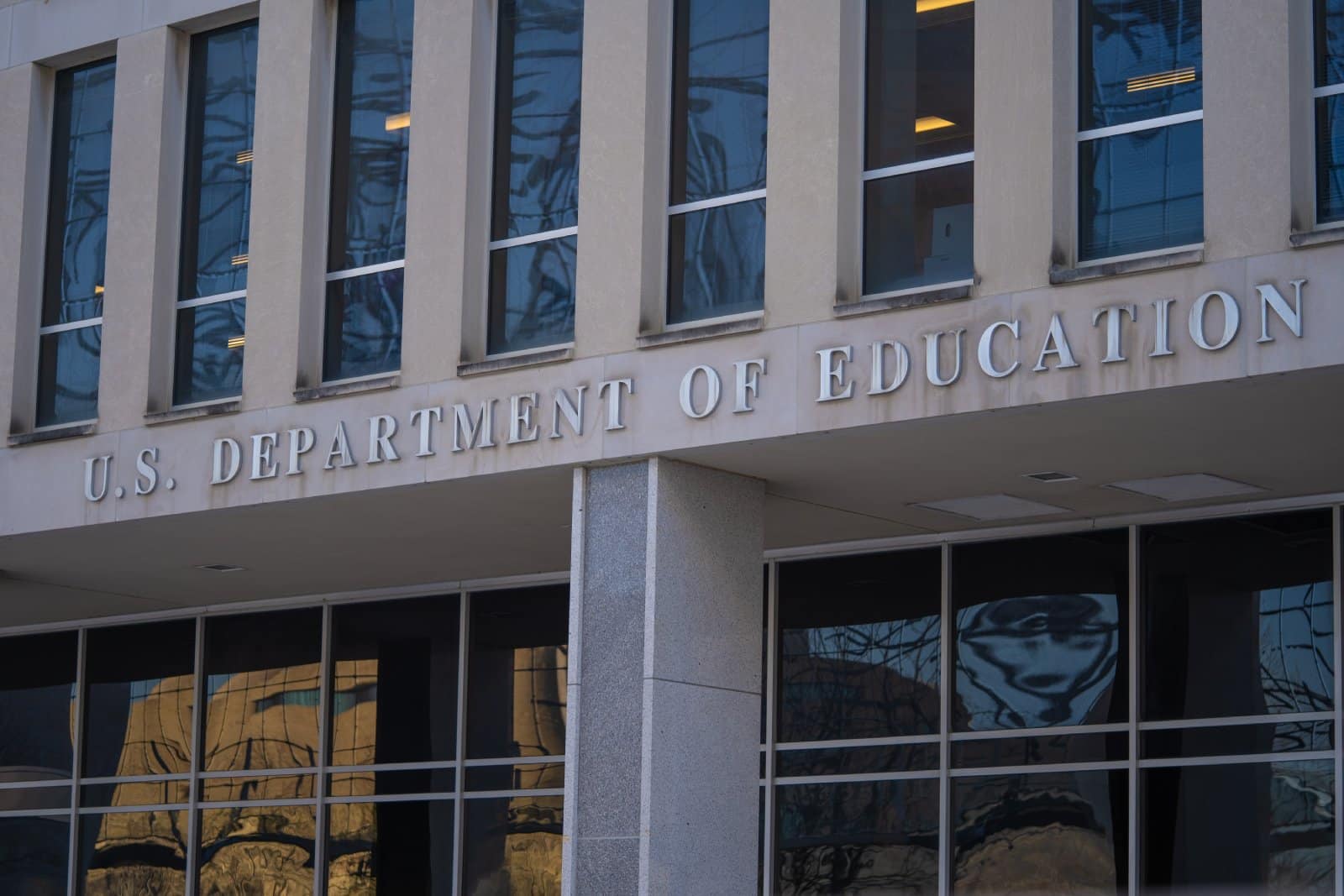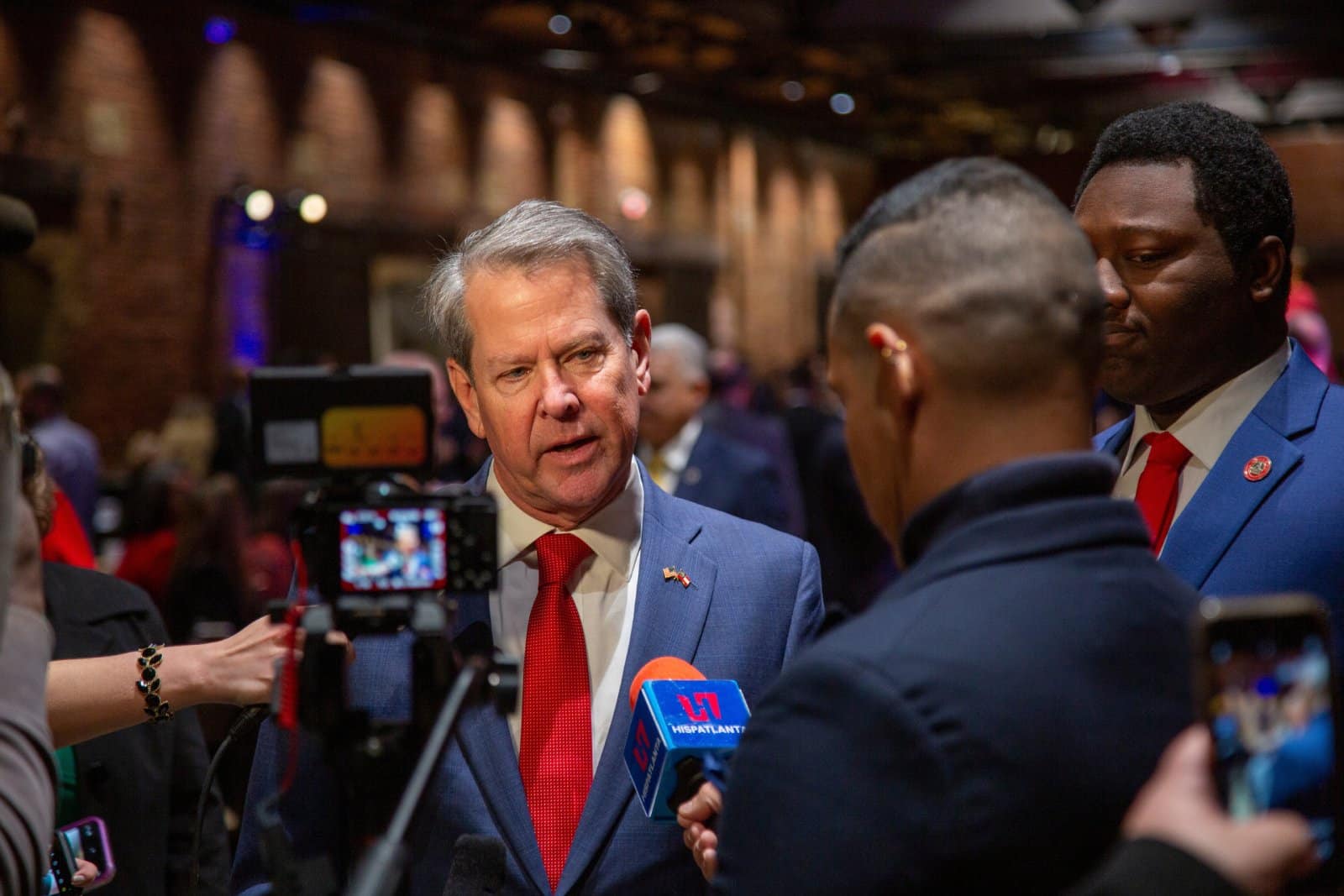One controversial African American AP studies course could no longer be a viable option for Georgia students, according to a recent—and somewhat vague—announcement by the state’s superintendent.
Canceling the Course?

The largest school district in the state of Georgia will likely have to cancel an Advanced Placement African American Studies course after state Superintendent Richard Woods refused to approve the course for state funding.
Superintendent Announcement

Late last month, Woods announced that he could not recommend the course for approval on behalf of the Department of Education due to fears that it could violate state laws around what can and cannot be taught in classrooms.
Too Vague For the Governor

The vague announcement led to widespread confusion from school districts and lawmakers and even prompted a letter of questioning from state Governor Brian Kemp, who asked Woods to clarify his reasons for blocking the funding.
The Divisive Concept Law

On Wednesday this week, Woods released another statement apologizing for the confusion and confirming that the course had allegedly violated the Divisive Concept Law, which bans the teaching of nine “divisive concepts” in public schools.
Nine Racial Topics

These divisive concepts revolve around racial topics, including the ideas that anyone “bears responsibility for actions committed in the past by other members of the same race or sex,” or “should feel discomfort, guilt, anguish or any other form of psychological distress” because of their race or sex.
A “Glaring Violation”

“After reviewing the content, it was clear that parts of the coursework did violate the law,” Woods announced on Wednesday. “The most glaring violation is on the topic of intersectionality.”
The Issue of Intersectionality

‘Intersectionality’ is an academic concept that describes how people’s lives are shaped by the intersections of one’s identity, such as race, gender, income level, education, and more. It claims that people experience varying levels of privilege and oppression based on these intersections.
A Difficult Course Topic

It is a topic explicitly touched upon during the one-year course with one of the topics titled, “The Black Feminist Movement, Womanism, and Intersectionality,” according to the AP African American Studies course description.
Following the Law

“For me, this has always been about following the law,” Woods continued. “If I moved this forward for approval, I would break my oath of office and ask the State Board of Education and our local school districts to ignore the law.”
Use Your Tax Money

Woods has flipped back and forth on the subject of funding for the course, first telling outraged school districts that they would have to use local tax money to fund the course if they wished to teach it.
Offering Compromise

Just a day later, he attempted to compromise with school boards, proclaiming that individual districts could draw from state funds as long as they reduced the course to a lower-level introductory class.
Georgia’s Largest School District

On Tuesday, the state’s largest school district in Gwinnett County, which comprises 183,000 students, confirmed that it would no longer offer the AP course on African American studies to its students.
College Credits at Risk

School district representatives explained that without explicit approval, students who take the course may not receive college credits for their work.
Provoking Backlash

Some district representatives have spoken out against Woods’s damning, and at times confusing, approach to the subject, including Gwinnett County Superintendent Calvin Watts.
Sending a Harmful Message?

“Withholding state approval for this AP course sends the message that the contributions and experiences of African Americans are not worthy of academic study at the same level as other approved AP courses,” Watts said in a public statement.
Still Uncertain

Woods’s most recent statement on Wednesday did not help the matter, explaining that students could “possibly receive college credit” for the AP course, but if the course was “challenged at the local level,” those credits could later be refused.
Senator Speaks

Public officials have also spoken out, including Democratic representative Sen. Nikki Merritt, who called Woods’s decision a part of “a broader strategy to kind of undermine our diversity and to erase black history,” in an interview with WSB Atlanta.
“Separate But Equal” Accusations

Democratic state senators also sent a joint letter to Woods last week, criticizing him for approaching the course on a “separate but equal basis.”
Swirling Controversy

This AP pilot course has provoked controversy in certain states since it was first introduced by the College Board in certain schools in 2023.
DeSantis Threatens Ban

Most notably, Florida Governor Ron DeSantis threatened to ban the course outright, describing it as “indoctrination” and “pushing an agenda.” South Carolina has also refused to approve it for funding, and some individual school districts across the country have done the same.
21 Beliefs About the Bible That Are Actually False

The Bible is one of the most discussed and debated books in history, yet many common beliefs about it are more myth than fact. How many of these misconceptions have you heard before? 21 Beliefs About the Bible That Are Actually False
21 Subtle Racisms That Are Commonplace in America

Racism in America isn’t always overt; it often hides in plain sight through subtle actions and attitudes. How many of these subtle racisms have you noticed around you? 21 Subtle Racisms That Are Commonplace in America
Only Legal in America: 21 Things You CAN’T Do in the Rest of the World

The U.S. dances to its own beat, especially when it comes to laws that make the rest of the world do a double-take. Here’s a lineup of things that scream “Only in America,” sticking strictly to what’s written in the law books. Ready for a tour through the American legal landscape that’ll leave you wondering if freedom might just be a bit too free? Only Legal in America: 21 Things You CAN’T Do in the Rest of the World
Featured Image Credit: Shutterstock / rarrarorro.

